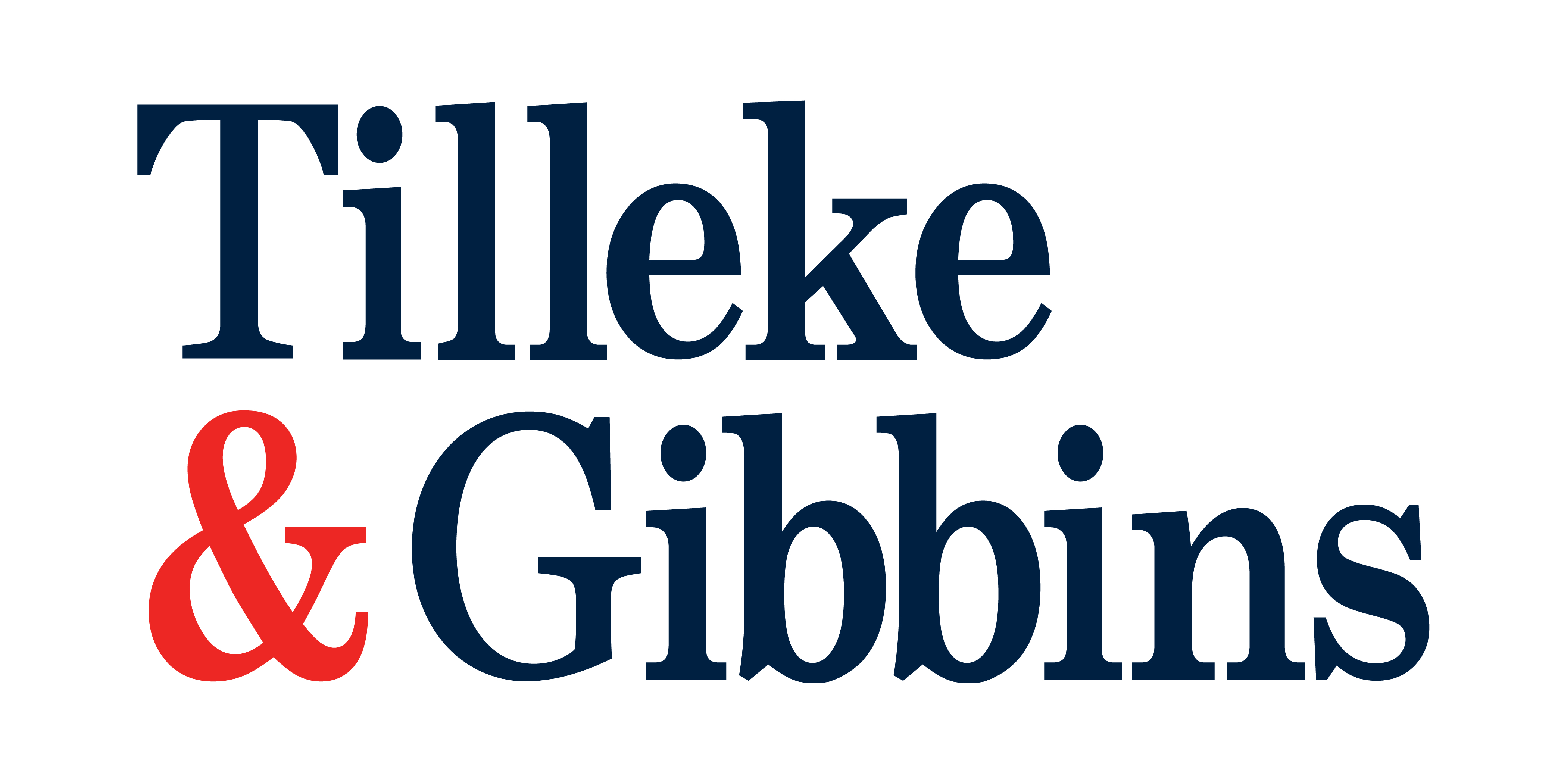During the first quarter of 2022, Thailand’s Securities and Exchange Commission (SEC) announced a series of notifications aiming to strengthen the regulatory regime for digital assets while safeguarding investors’ interests. The updated rules and conditions apply to digital asset business operators licensed by the SEC.
The key features of the new notifications, which took effect in March and April 2022, are summarized below.
Custody of customers’ assets (effective March 1, 2022)
As custodians of their customers’ assets, digital asset business operators must:
- Segregate customers’ assets in their custody so that the operators can clearly identify which assets belong to which investors. If customers’ digital assets are to be deposited with a third party, the operators must inform the customers accordingly.
- Refrain from seeking benefits from customers’ assets in any manner other than the purpose for which the assets are held. This includes refraining from using customers’ assets to provide benefits to others or to the customers themselves, and from depositing customers’ digital assets with a custodian that intends to lend out the digital assets (but does not include giving the customer’s assets to a licensed digital asset fund manager for investment in digital assets).
- Reconcile customers’ assets and keep evidentiary documentation for a period of at least five years.
Privacy coin services (effective April 1, 2022)
Digital asset business operators are prohibited from providing privacy coin services that can conceal (or allow the concealing of) specific transactional information, such as data about the transferor, the transferee, and the transfer amount.
Digital asset business operators that provided privacy coin services to customers before the effective date of these new regulations may continue to provide such services, but they must arrange for their customers to disclose at least the required transactional information or agree not to engage in information concealment.
Digital assets as a means of payment (effective April 1, 2022)
Digital asset business operators are prohibited from using digital assets as a means of payment and must not provide any services or undertake any activities that encourage or promote the use of digital assets to pay for goods or services. This includes:
- Representing to any customer (through an advertisement, etc.) that the business operator will accept payment for goods or services using digital assets;
- Establishing a system or tool facilitating the use of digital assets to pay for goods or services;
- Providing e-wallets for the purpose of using digital assets as a means of payment;
- Providing a service for transferring THB-denominated funds from a customer’s account to third-party accounts;
- Providing a service for transferring digital assets from a customer’s account to third party accounts in order to pay for goods or services; and
- Providing any other services that support the use of digital assets to pay for goods or services.
Business operators must take action (e.g., warnings, account suspension or termination, etc.) against customers who fail to comply with service terms and conditions.
Providing customers with activity reports (effective March 30, 2022)
The SEC now requires digital asset operators to provide their customers with a report, within one business day of a transaction, containing specific information about the customers’ digital asset trading, exchanging, and investment activity. Operators must retain the disclosed information for at least 18 months.
Although the requirement came into effect on March 30, there is an initial implementation stage until April 30, 2022, during which operators only need to provide reports to their customers within a reasonable period of time upon request. The reporting requirement will be fully implemented from May 1, 2022, onward.







